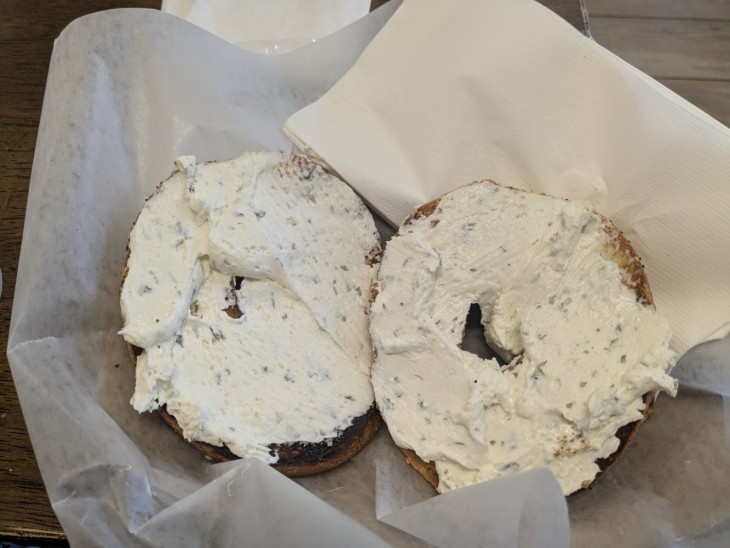By Mark Underwood
If you are a personal caregiver – you provide support for a family member or friend in their home, don’t forget to take good care of you while you are helping others. Look at your role as a personal caregiver this way. The best gift you can give your friend or family member is your own good health.
Care-giving is a big job. Stress related to care giving can affect your immune systems making you more prone to chronic illness. Care giving is an enormous responsibility, and while it is rewarding, it can zap the energy you have left over for yourself and your family. Personal care- giving takes on many different forms depending on the age and the needs of the person who benefits from your care. Anyone who runs errands because a family member or friends no longer drives, or helps them get dressed, prepares food or helps with numerous other issues, is making a difference as a personal caregiver.
Too often, caregivers don’t see themselves as caring for someone else. They may see it as a family obligation or doing a “favor” for another person. But if you are devoting time to caring for a friend or family member, consider yourself a personal caregiver.
Most caregivers start out wanting to be helpful for another less fortunate person. But at the end of the day, too often caregivers feel physically and emotionally drained. They juggle care giving with their own family needs or work schedules. But when caregivers don’t balance their own life with their role as a caregiver, they can feel burned out, sad, angry and depressed.
A Balanced Life
Maintaining a balance is key to being a healthy caregiver. It’s easy to get worn out even if the person you are caring for receives professional care. You may still be making many personal decisions for the person you care for. That alone is worrisome and wearing. If you are like a lot of caregivers, it’s difficult to turn off care-giving and get a good night’s sleep.
If you’re feeling run down, more tired than usual, and aren’t sleeping well, it’s time to step up and put a “caregivers’ health plan” in place. How can you take better care of you? These tips can help you increase your physical and emotional strength and ward off exhaustion and illness. At the same time, your improved health will allow you to be a better caregiver.
Tips For Being A Healthy Caregiver
• Exercise your brain. Play board games, take up a new hobby, and sign up for a class. You may not realize it but your brainpower has incredible potential when it is “sharpened” and kept fit. As we age, the health and vitality of our brains becomes more dependent on how we use it. Exercising your brain can offer new life to aging neural pathways. Establishing new pathways is even better for an aging brain and helping you be a more focused, healthier caregiver.
• Don’t forget to add physical exercise in your daily life. Get exercising. It is important for both your physical and mental well-being.
• Improve your quality of sleep. Look for new ways to get better sleep. Slow down before you got to bed. Don’t watch TV or work on the computer before bedtime.
• Take a break from care giving. Respite time is crucial when you’re taking care of someone else.
• Stay involved with hobbies and social activities. Don’t neglect the routine of doing what you love to do in your free time.
• Watch for signs of depression. If you become depressed it will impact your ability to make good decisions. Ask for help when you feel overwhelmed.
• Slow down. Most of us aren’t trained to be caregivers. Recognize that it is important to know how and when to slow down, step back, and share the responsibilities with other family members or community resources. You don’t have to shoulder all the responsibilities of personal care giving alone.
• Laugh! It’s good for you for others around you.
Mark Underwood is a neuroscience researcher, president, and co-founder of Quincy Bioscience, a biotech company located in Madison, Wisconsin focused on the discovery and development of medicines to treat age related memory loss and the diseases of aging. Underwood has been tapped as an expert in the field of neuroscience for The Wall Street Journal Morning Radio, CBS, and CNN Radio among others. He is also a contributor to the “Brain Health Guide” which highlights the research at Quincy Bioscience and offers practical tips to help keep health brain function in aging. For more articles and tips for healthy aging, visit www.TheGoodNewsAboutAging.com.


























